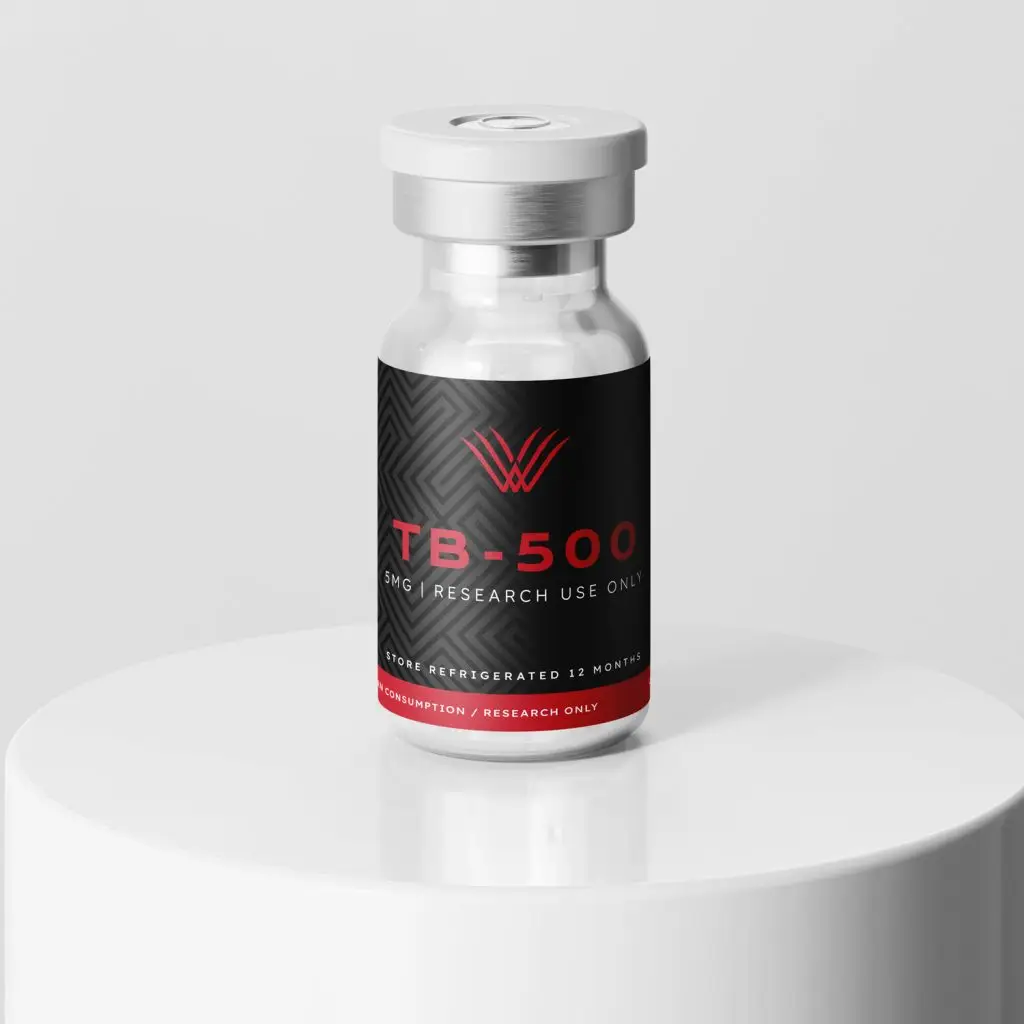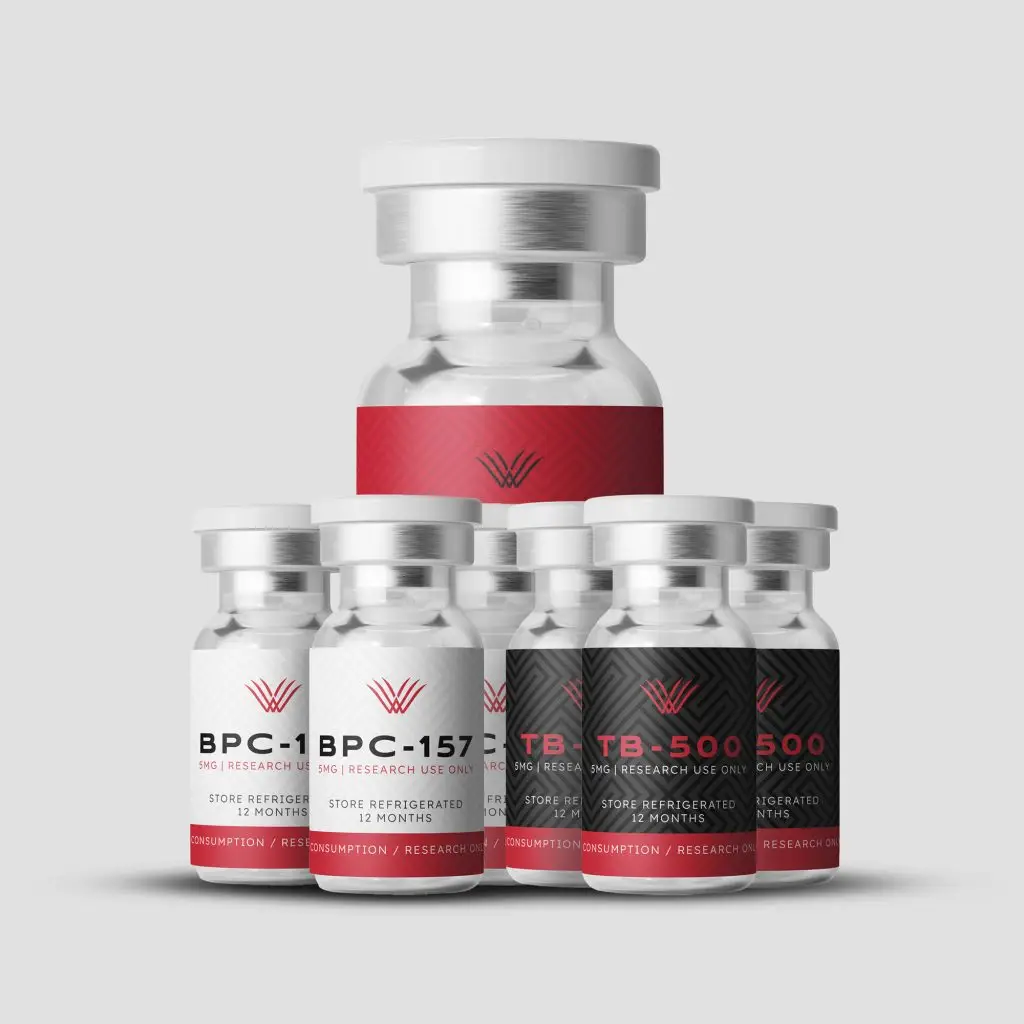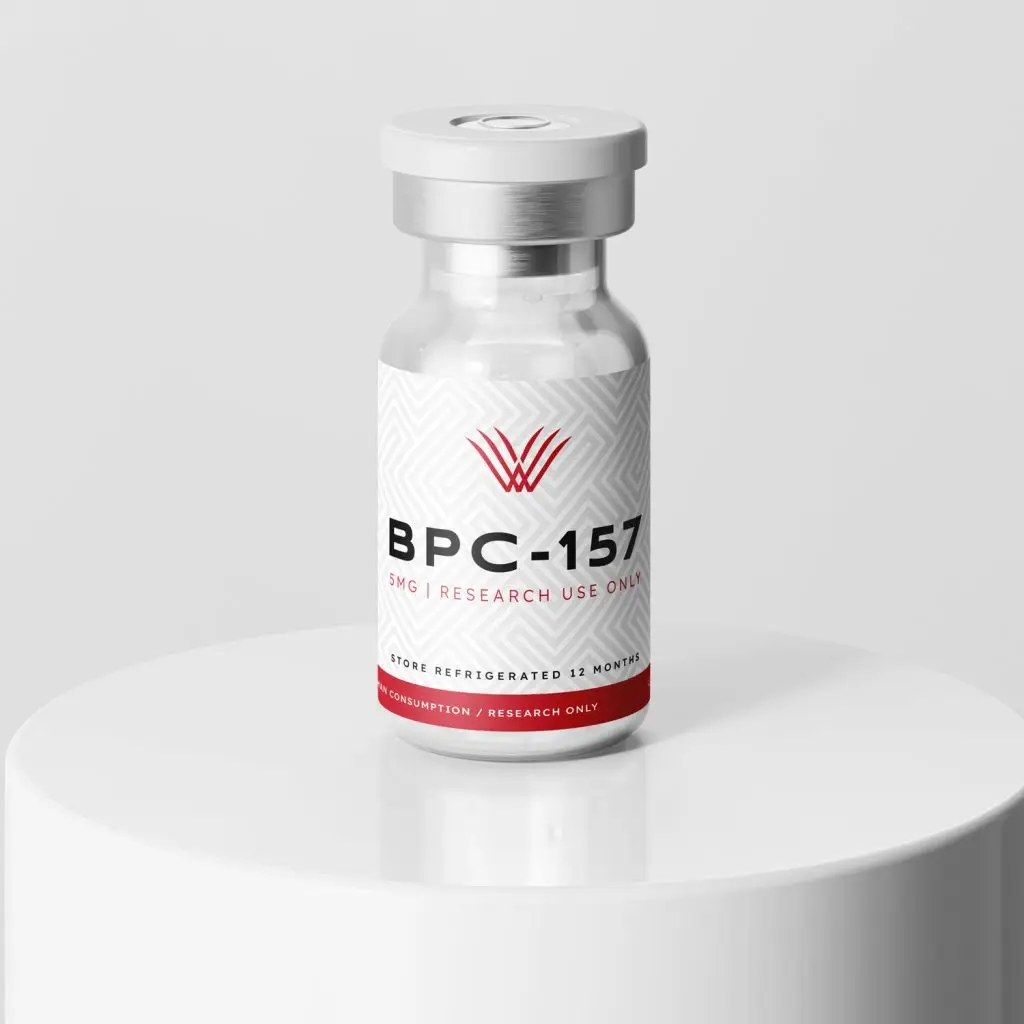
- Same-day shipping
- For Research Purposes Only
- International world-wide shipping
- Secure & discreet shipping
Research
Explore the Latest Research on Peptides and Their Potential

Welcome to the Research Hub.
Stay informed with the latest developments, discoveries, and insights in peptide research. Our carefully selected collection of articles, blog posts, and scientific studies covers cutting-edge advancements, exploring how peptides function, their potential benefits, and current areas of investigation. We aim to provide researchers and enthusiasts with valuable resources to enhance their understanding and support their own explorations.
We encourage you to dive deeper into each topic by reviewing the original sources and conducting independent analysis. Below you’ll find recent articles to inform your research journey.
Disclaimer: The content presented here is strictly educational and informational, provided for research purposes only. Peptides discussed are not intended for human consumption.
FAQ's
What are peptides and how do they work?
Peptides are short chains of amino acids that act as signalling molecules in the body, promoting functions like tissue repair, inflammation reduction, and protein synthesis.
How are peptides different from proteins?
The main difference is size: peptides are shorter chains of amino acids, making them easier to absorb and faster-acting compared to full proteins.
Can peptides help with muscle recovery?
Certain peptides, such as BPC-157 and TB-500, are commonly studied for their potential to support muscle and tissue repair by promoting cellular regeneration and reducing inflammation.
How should peptides be stored for maximum stability?
Store peptides in a cool, dry place away from light. Unreconstituted peptides should be kept in the freezer, while mixed peptides should be refrigerated.
What is the difference between BPC-157 and TB-500?
BPC-157 is studied for its effects on gut health, wound healing, and reducing inflammation, while TB-500 is researched for muscle repair, joint recovery, and increased flexibility.
How long do peptides remain effective after mixing?
Reconstituted peptides are typically stable for up to 30 days when stored in the refrigerator at 2-8°C (35-46°F).
Do peptides have any side effects?
Research suggests that peptides are generally well-tolerated, but as with any compound, side effects can occur depending on dosage and individual responses.
Why is bacteriostatic water recommended for mixing peptides?
Bacteriostatic water contains benzyl alcohol, which helps prevent bacterial growth and preserves the peptide’s stability for longer periods.
Are peptides legal for research purposes?
Yes, peptides are legal for in-vitro research use in the UK. However, they are not approved for human consumption or clinical use without a prescription.
Can peptides be used together for enhanced results?
Some peptides, like BPC-157 and TB-500, are often combined in research to explore potential synergistic effects on recovery and tissue repair.
Articles
At Wolverine Peptides, we are committed to providing not only the highest-purity peptides (99%+ lab-tested) but also the latest research to support their role in recovery, tissue repair, and performance enhancement. Below, you’ll find a collection of scientific studies, clinical trials, and whitepapers exploring the potential of peptides in regenerative medicine.
research & Studies
Stay at the forefront of peptide research with our curated selection of groundbreaking studies and scientific articles. Below, you’ll find key research papers exploring the potential of peptides to enhance muscle recovery, improve performance, and manage inflammation. These resources provide valuable insights into current scientific understanding and ongoing advancements in peptide research. Disclaimer: The content and studies presented here are strictly for educational and research purposes only. Peptides discussed are not intended for human consumption or medical use.
Potential Relevance of Bioactive Peptides in Sports Nutrition
This study examines how bioactive peptides can positively impact body composition and muscular performance. It suggests that these peptides may reduce muscle damage following exercise and induce beneficial adaptations within connective tissue.
The Effects of Collagen Peptides as a Dietary Supplement on Muscle Recovery
This research investigates the impact of collagen peptide supplementation on muscle recovery. The findings indicate that collagen peptides may support muscle recovery by reducing markers of muscle damage and accelerating strength recovery post-exercise.
Collagen Peptide Supplementation and Musculoskeletal Performance: A Systematic Review and Meta-Analysis
This systematic review and meta-analysis focus on the effects of collagen peptide supplementation on musculoskeletal performance outcomes in healthy adults. The study provides insights into how collagen peptides may influence muscle mass and strength when combined with resistance training.
Injectable Therapeutic Peptides—An Adjunct to Regenerative Medicine
This article explores the potential of injectable peptides as a novel therapy in regenerative medicine, particularly concerning muscle recovery and injury management. It discusses how these peptides might enhance recovery and expedite healing in joint injuries and muscle damage.
Exploring Peptide Therapy for Muscle Recovery and Injury Management
This piece delves into how peptide therapy could serve as a potent approach to muscle recovery and injury management. It highlights the potential of specific peptides to reduce inflammation, enhance tissue repair, and improve blood flow, thereby accelerating muscle recovery.
All products sold on this site are for in-vitro research only.
| Cookie name | Active |
|---|
This Privacy Policy describes how Wolverine Peptides ("we," "our," or "us") collects, uses, and protects personal information obtained from visitors and users of our website: https://wolverinepeptides.co.uk.
We are committed to safeguarding your privacy. Please read this policy carefully to understand how we handle your personal data.Information We Collect
We may collect and process the following types of information:1. Personal Information
-
- Name and contact details (email, telephone number)
-
- Billing and shipping addresses
-
- Payment information (processed securely by third-party payment gateways)
2. Technical Information
-
- IP address, browser type, device details, and operating system
-
- Usage data, including pages visited, time spent on pages, and interaction patterns
3. Cookies and Tracking Technologies
We use cookies to enhance your browsing experience, analyze site traffic, and improve our services. You can control cookie settings through your browser preferences.How We Use Your Information
We use the collected information for the following purposes:-
- To process and fulfill your orders and requests
-
- To manage your account and membership
-
- To communicate with you about transactions, support, and updates
-
- To improve our website and services through analytics and performance monitoring
-
- To comply with applicable laws, regulations, and legal obligations
Data Sharing and Disclosure
We do not sell your personal data. However, we may share your information with trusted third-party service providers, strictly for operational purposes, including:-
- Payment processing services
-
- Shipping and logistics providers
-
- Website hosting providers
-
- Marketing and analytics platforms
Data Security and Protection
We implement industry-standard security measures to protect your personal information from unauthorized access, disclosure, or misuse. Although we strive to maintain secure systems, no method of electronic storage or transmission is completely secure; thus, we cannot guarantee absolute security.Retention of Data
Your personal data is stored only for as long as necessary to fulfill the purposes outlined above or to comply with legal obligations. Data retention periods vary according to legal and regulatory requirements.Your Rights under GDPR
As an individual located within the EU/UK, you have specific rights regarding your personal data:-
- Right to Access: You can request access to your personal data.
-
- Right to Rectification: You can request correction of inaccurate data.
-
- Right to Erasure: You may request deletion of your personal data.
-
- Right to Restriction: You may request limitation of data processing.
-
- Right to Object: You can object to certain processing activities.
-
- Right to Data Portability: You can request the transfer of your data to another service provider.
External Links
Our website may contain links to third-party websites. Please be aware that we are not responsible for the privacy practices or content of external sites. We encourage you to review their respective privacy policies.Changes to This Privacy Policy
We reserve the right to update this Privacy Policy periodically. Changes will be posted directly on this page, and the "Last updated" date will be revised. We recommend regularly reviewing this policy to stay informed.Contact Us
If you have any questions or concerns about this Privacy Policy or our data handling practices, please contact us at: Email: info@wolverinepeptides.co.uk
Age Verification
For verification, please enter your date of birth and email address to confirm you are 18 or older.


